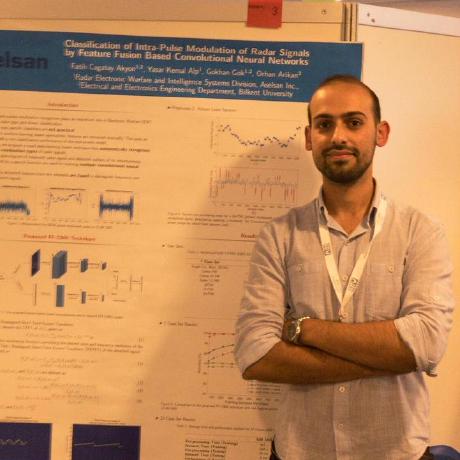Discover and explore top open-source AI tools and projects—updated daily.
ai-engineering-toolkit by  Sumanth077
Sumanth077
Curated toolkit for LLM application development
Top 17.7% on SourcePulse
This repository is a curated list of over 100 libraries and frameworks designed to assist AI engineers in building production-ready applications powered by Large Language Models (LLMs). It covers a wide spectrum of the LLM development lifecycle, from data collection and vector databases to agent frameworks, evaluation, and deployment, aiming to accelerate and enhance the creation of sophisticated LLM-based systems.
How It Works
The toolkit is organized into distinct categories, each addressing a critical aspect of LLM engineering. It provides a comprehensive overview of available tools, detailing their descriptions, primary languages, and licenses. This structured approach allows users to quickly identify and select appropriate technologies for specific tasks, such as choosing a vector database for efficient similarity search or an orchestration framework for managing complex LLM workflows.
Quick Start & Requirements
This toolkit is a curated list and does not have a direct installation or run command. Users are expected to install and configure individual tools based on their specific project needs. Requirements will vary significantly depending on the chosen tools, potentially including specific Python versions, GPU/CUDA support, and API keys for commercial services. Links to official documentation for each tool are generally available through the project's detailed listings.
Highlighted Details
- Comprehensive Coverage: Encompasses a broad range of LLM engineering needs, including Vector Databases, Orchestration & Workflows, RAG, Evaluation & Testing, Model Management, Data Collection, Agent Frameworks, LLM Development & Optimization, LLM Safety & Security, AI App Development Frameworks, Local Development & Serving, and LLM Inference Platforms.
- Diverse Tooling: Features both open-source and commercial tools, offering flexibility for different project requirements and budgets.
- License Variety: Includes tools with various licenses such as MIT, Apache-2.0, BSD-3, and Commercial, requiring careful review for compatibility.
Maintenance & Community
The project encourages community contributions, emphasizing quality, production-readiness, documentation, and up-to-date resources. It aims to foster a community of AI engineers through a newsletter and social media engagement.
Licensing & Compatibility
The toolkit itself is a list and does not have a license. However, the individual tools listed have a variety of licenses, including permissive licenses like MIT and Apache-2.0, as well as more restrictive ones like AGPL-3.0 and commercial licenses. Users must consult the specific license for each tool they intend to use.
Limitations & Caveats
As a curated list, the toolkit does not provide direct integration or unified functionality; users must manage the integration of individual tools themselves. The rapidly evolving nature of LLM technology means that the "actively maintained" status of listed tools may change, requiring users to verify current support.
3 months ago
Inactive

 houchenll
houchenll manthanguptaa
manthanguptaa fcakyon
fcakyon 0xSojalSec
0xSojalSec janhq
janhq Nebius-Academy
Nebius-Academy griptape-ai
griptape-ai openlit
openlit LazyAGI
LazyAGI tensorchord
tensorchord KalyanKS-NLP
KalyanKS-NLP langgenius
langgenius